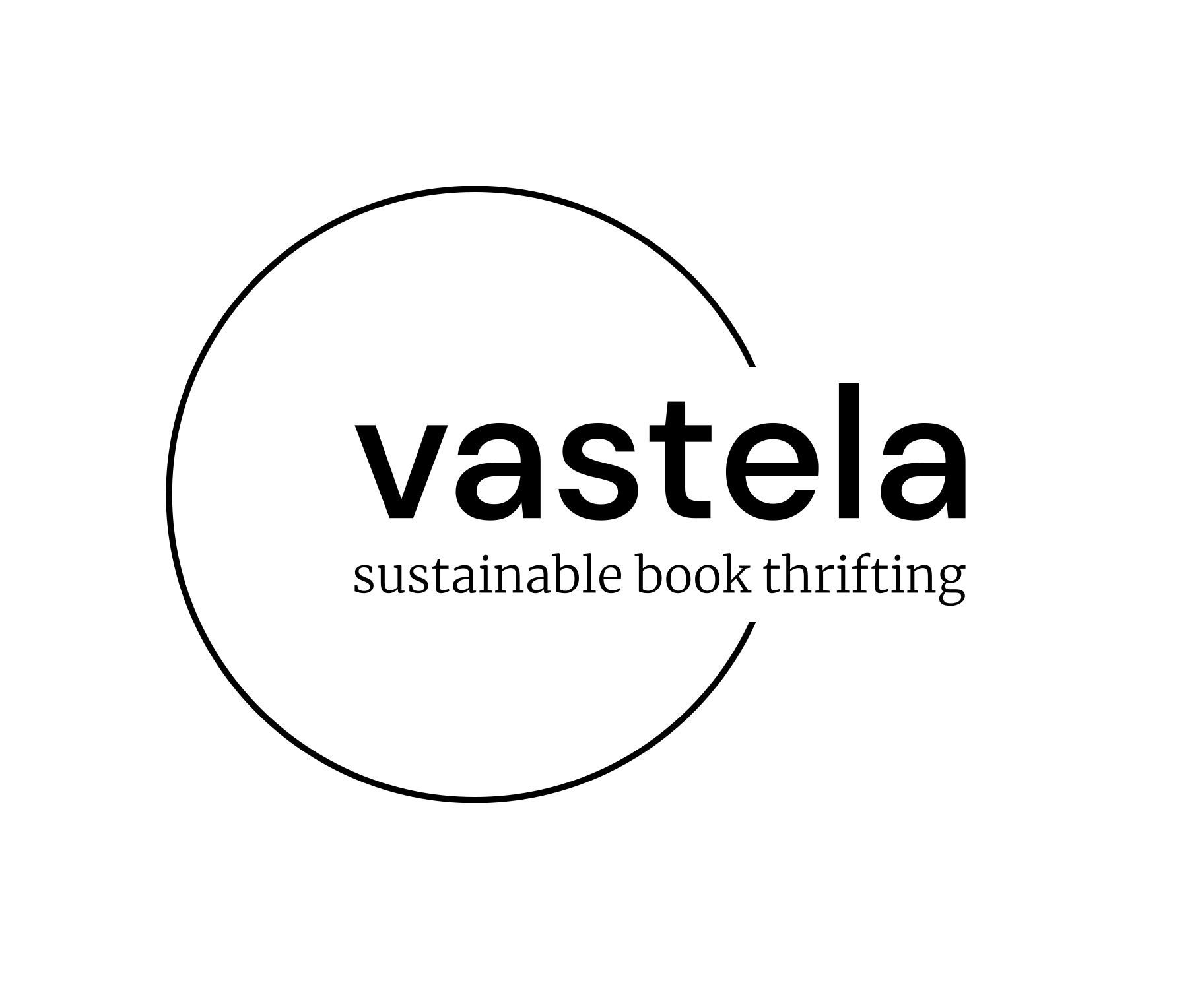With just a few pages, books have the power to transport us to new and exciting realities. Whether it's a fantasy land, a dystopian society, or simply a different time-period, they offer a unique and powerful form of escapism.
What we can’t escape from is that book production has an undeniable impact on our world and its resources: using large amounts of paper and contributing to deforestation, along with ink, printing machinery, energy, fuel, unsustainable packaging, and shipping.
A study from 2012 shows that the production of a paperback generates the equivalent of 2.7 kg of CO2, even after the publisher attempted to minimize its carbon footprint. In the United States alone, 788 million books were sold in 2022, with the average American reading around 12 books per year (statista.com).
Considering this, chances are at this very moment you have at least one book you no longer need, ready to give its place to another on your shelf; a book that you have loved so much you would like someone else to experience it; or a book that you are searching for to be the gateway to your next literary adventure… there are already plenty of printed books in the world ready for us to exchange without putting an unnecessary strain on our environment. In fact, this is exactly what the principle of a circular economy wants to take advantage of.
The circular economy is a model that aims to reduce waste and minimize the use of finite resources by keeping products and materials in use for as long as possible. Book thrifting fits perfectly into this model by keeping books in circulation instead of them being discarded and ending up in landfills, or increasing the demand for something that has already been produced. At the same time, thrifting allows you to expand your horizons, discover pre-loved hidden gems, and read more at a fraction of retail price.
Luckily Vastela Books is not the first: second-hand book sales are growing at a faster pace than newly printed books (wordsrated.com) and this positive trend is estimated to continue growing.
Be a part of the shift!
How is this Zürich-based second-hand bookstore contributing to the reuse of old or read books?
Vastela Books is committed to a pledge of sustainability:
- We promote the circular flow of second-hand English books in Switzerland – by keeping used books in circulation, we are reducing the waste and resource depletion associated with producing new books.
- We collect books that would be recycled or trashed – we don’t want to prematurely end the lifecycle of old books that are still in perfect condition but just have a little more street cred.
- We collect books in bulk to avoid CO2 consumption associated with multiple individual sales – We aim to reduce the amount of resources being used to transport small quantities.
- We use sustainable packaging – Our wrapping uses exclusively biodegradable and recyclable materials.
- We only collect and ship books within Switzerland – Keeping things local reduces the distance and environmental impact of transportation by limiting it to a smaller geographic area. Your books don’t need to travel more than you!
- We optimize our deliveries and deliver by bicycle where possible – We restrict trips and pedal the distance to ensure your books get to your arms safely, not contributing to pollution in the process.
Written by Chiara Hartmann, MSc on Environment and Development in conversation with Vastela Books owner Ana Antunes

